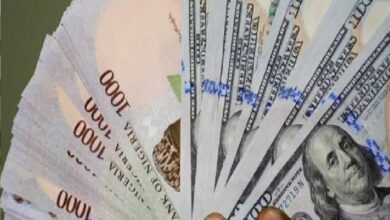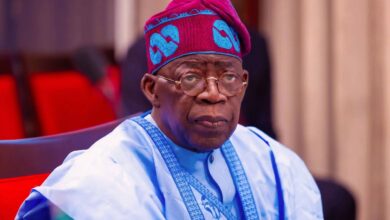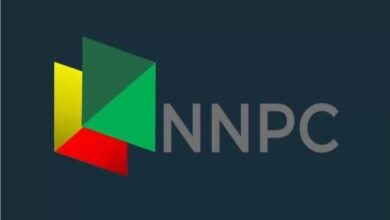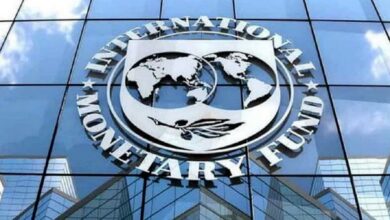CBN’s Bold Move: Transformative Guidelines to Reshape Nigeria’s Bureau De Change Landscape
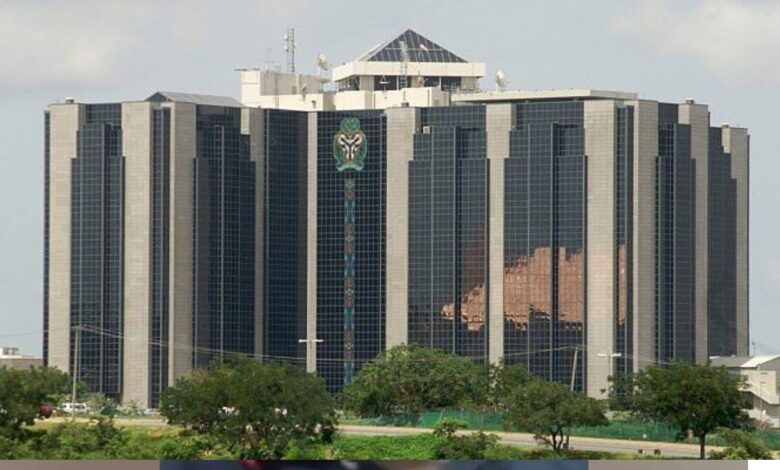
In a groundbreaking development to tackle the Naira’s volatility against the US dollar, the Central Bank of Nigeria (CBN) has unveiled a draft of “Revised Regulatory and Supervisory Guidelines for Bureau De Change Operations in Nigeria.” This comprehensive plan includes a potential end to street trading and introduces significant changes to licensing requirements.
Under the proposed guidelines, the CBN is set to overhaul the capital share for Tier 1 and 2 Bureau De Change licenses, fixing them at N2 billion and N500,000 million, respectively. This marks a substantial shift from the previous N35 million capital share for general licenses.
A Tier 1 BDC is granted the authority to operate on a national scale, open branches, and even appoint franchisees, subject to CBN approval. Notably, a Tier 1 BDC (franchisor) will exercise supervisory oversight over its franchisees, who must adopt the franchisor’s name, branding, technology platform, and rendition requirements.
On the other hand, a Tier 2 BDC is limited to operating in one state or the Federal Capital Territory (FCT), with the option for a head office and two branches, subject to CBN approval. Importantly, Tier 2 BDCs are not permitted to appoint franchisees.
This development aligns with recent efforts by the Economic and Financial Crimes Commission to crack down on illegal BDCs in Abuja, Lagos, Kano, and Ibadan Oyo States, aimed at stabilizing the Naira against the USD.
As of the latest market data, the Naira experienced a depreciation of N1,665.50 per US dollar at the FMDQ market, closing at N1,571.31 on Thursday. In the parallel market, the Naira traded between N1,750 to N1,800 per USD on Friday, up from N1,680.00 on Thursday.
Despite the CBN’s unveiling of various FX interventions in recent months, the foreign exchange crisis in the country has persisted. These dynamic regulatory changes indicate a determined effort to reshape the Bureau De Change landscape and address the ongoing challenges in Nigeria’s foreign exchange market.

